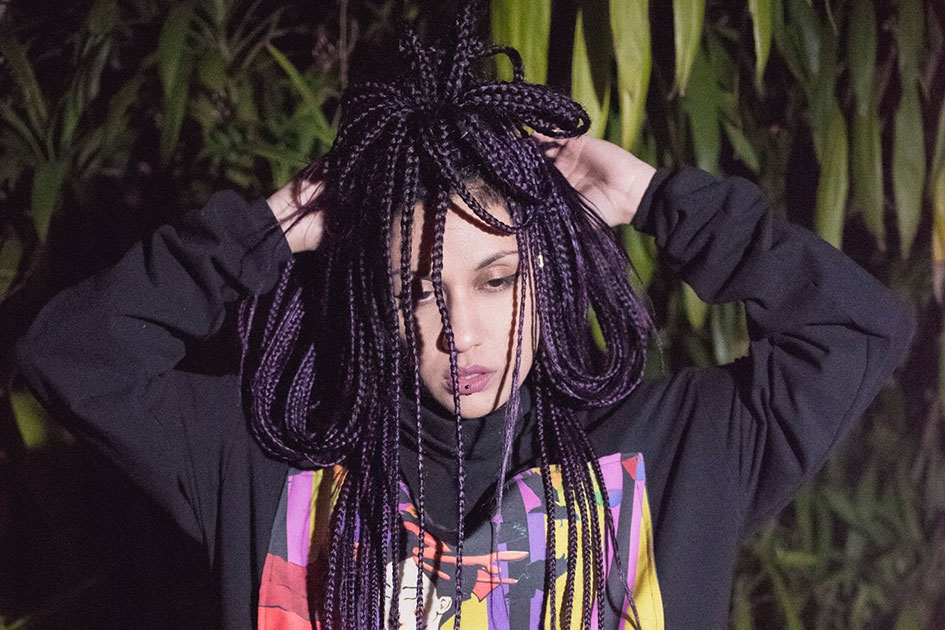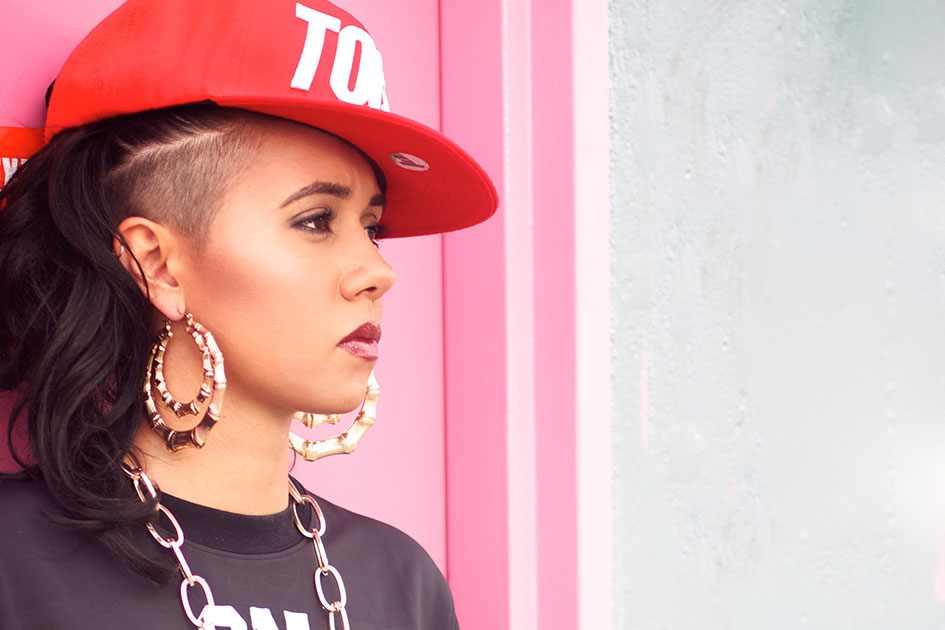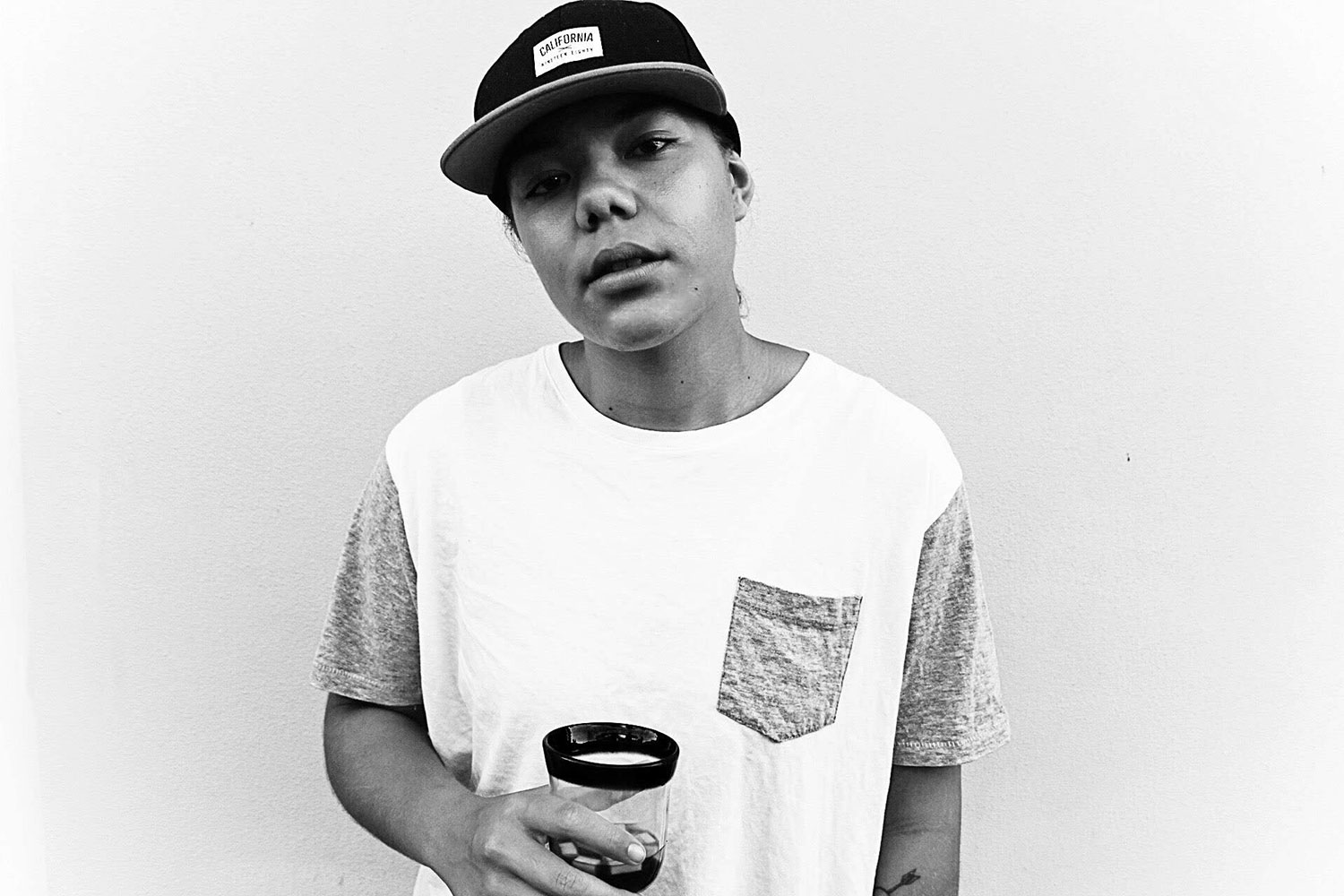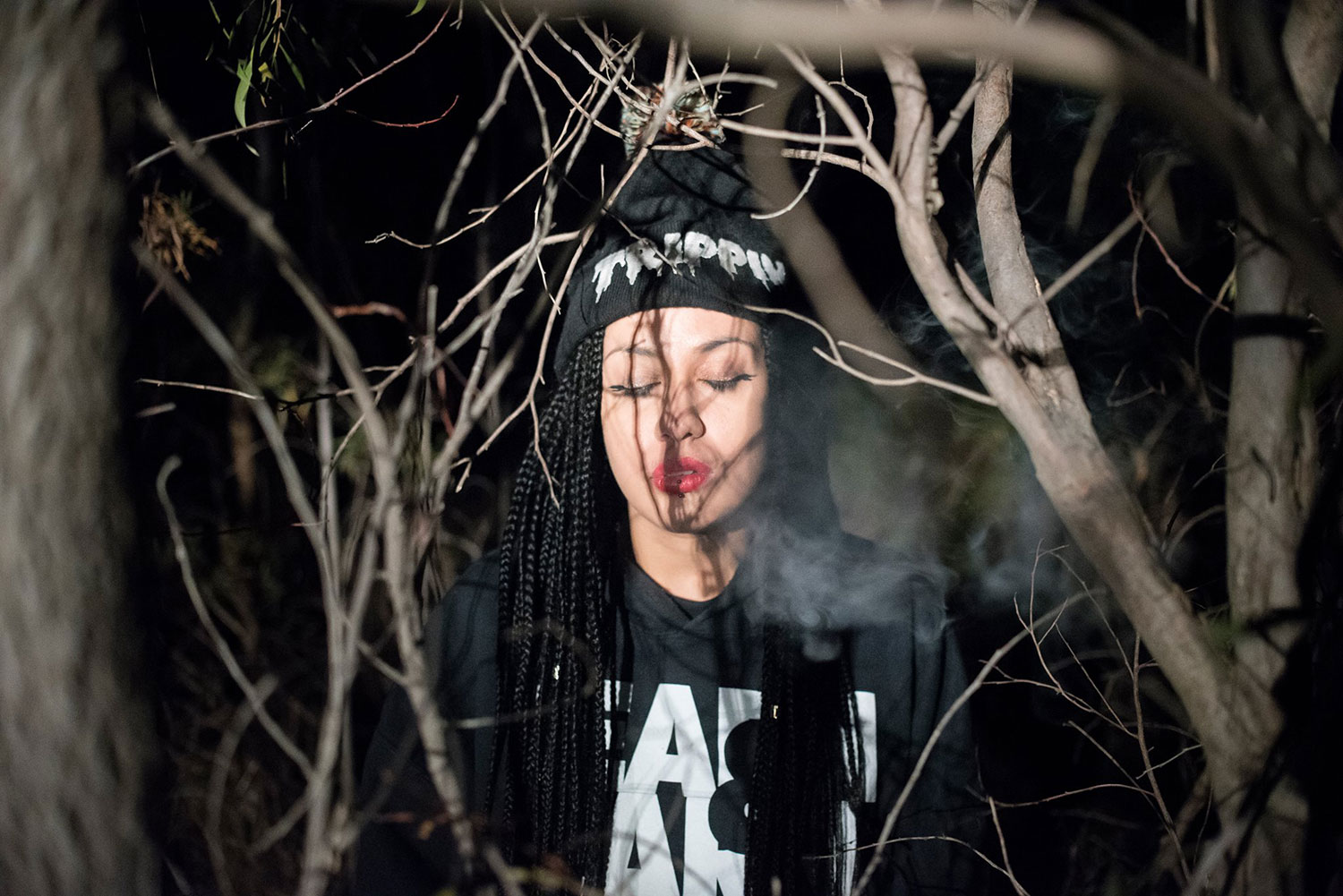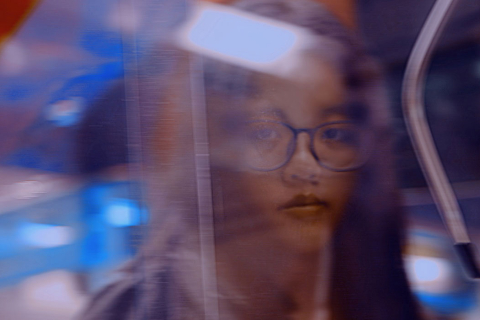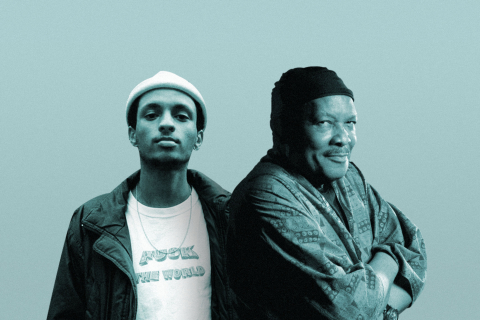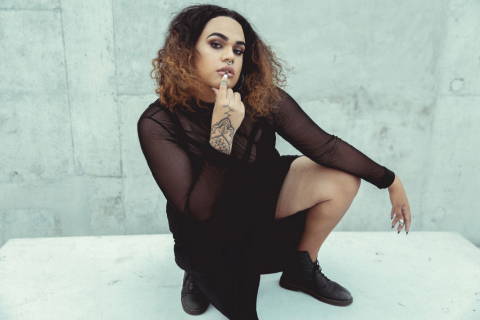
Last week I introduced an article that meant a lot to me but even more so to the people I interviewed. I spoke to the most underrepresented voices – black women and non-binary folk – about an issue that rarely gets spoken about: white hip-hop culture in Australia. The general consensus was that it was a discussion that needed to happen, elevating these voices at this time caught the attention of many, but not all of that attention was good. Many people took offence to their measured answers, questioning their validity and their ownership of hip-hop.
Here is the second and final instalment, where I spoke with Kaylah Truth, Netti, and Jesswar. All of these artists are incredible and their words should be considered just as they did when they spoke with me.
Kish Lal is a contributor for ACCLAIM. She’s a lady on the streets and lacks impulse control in the tweets. Don’t @ her – @kish_lal

